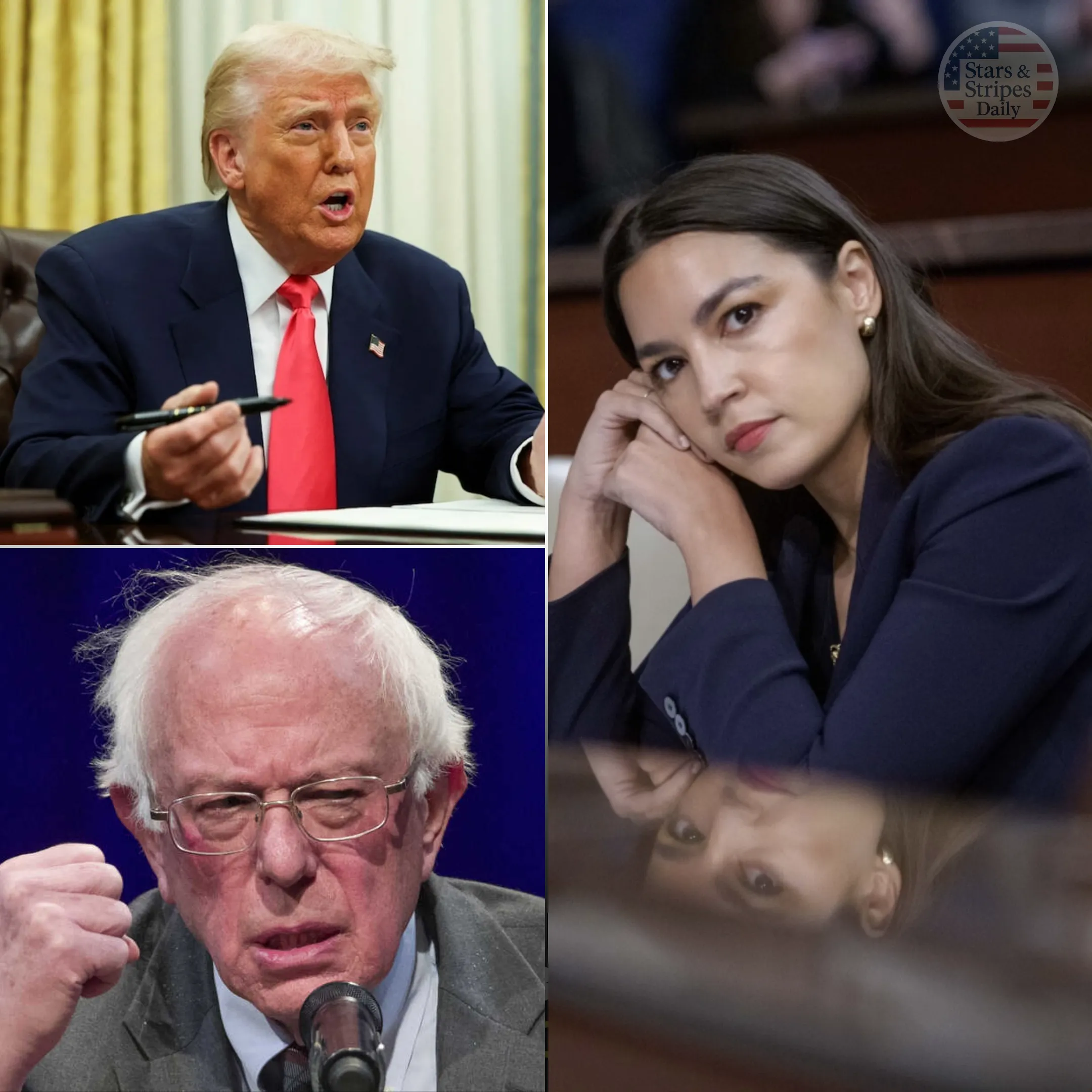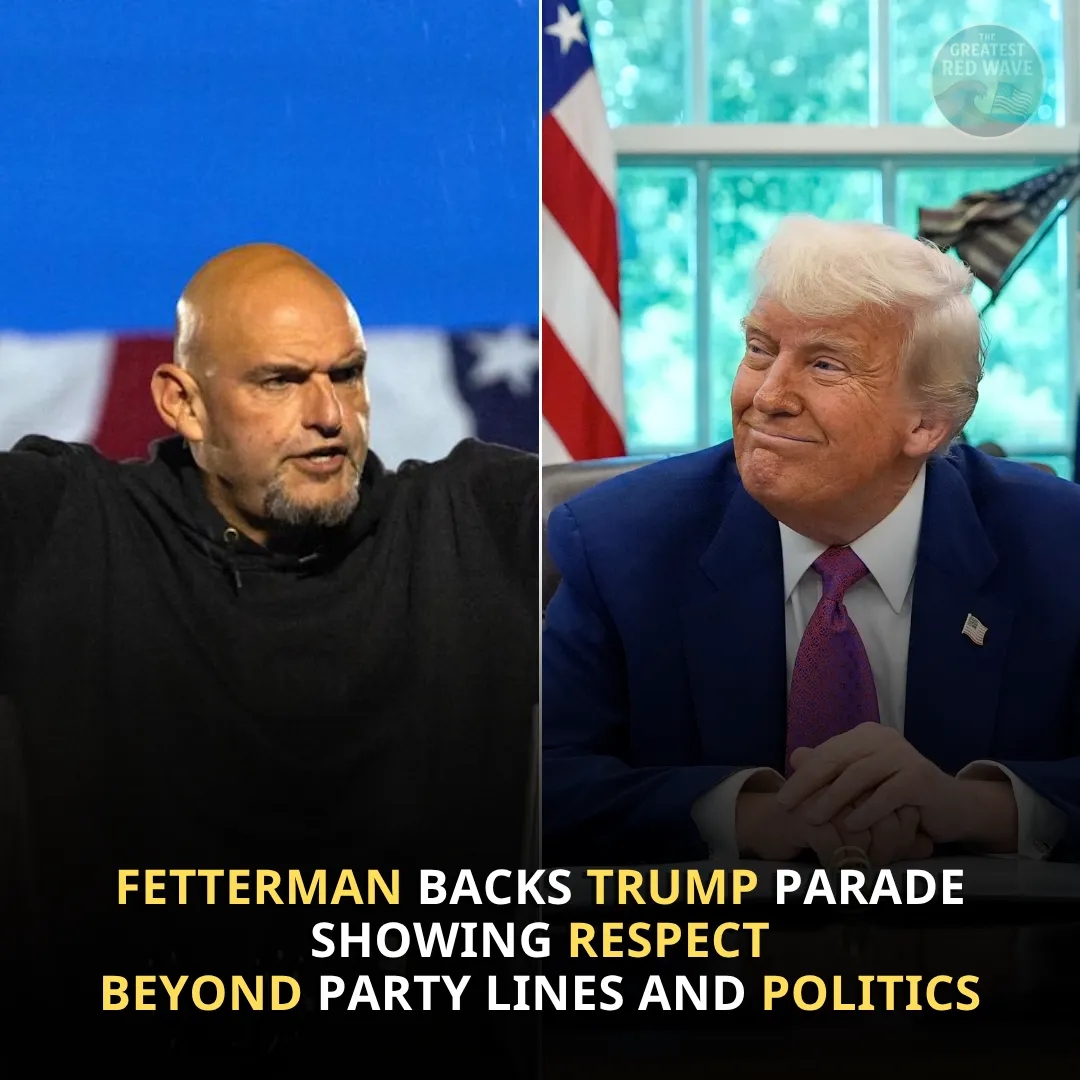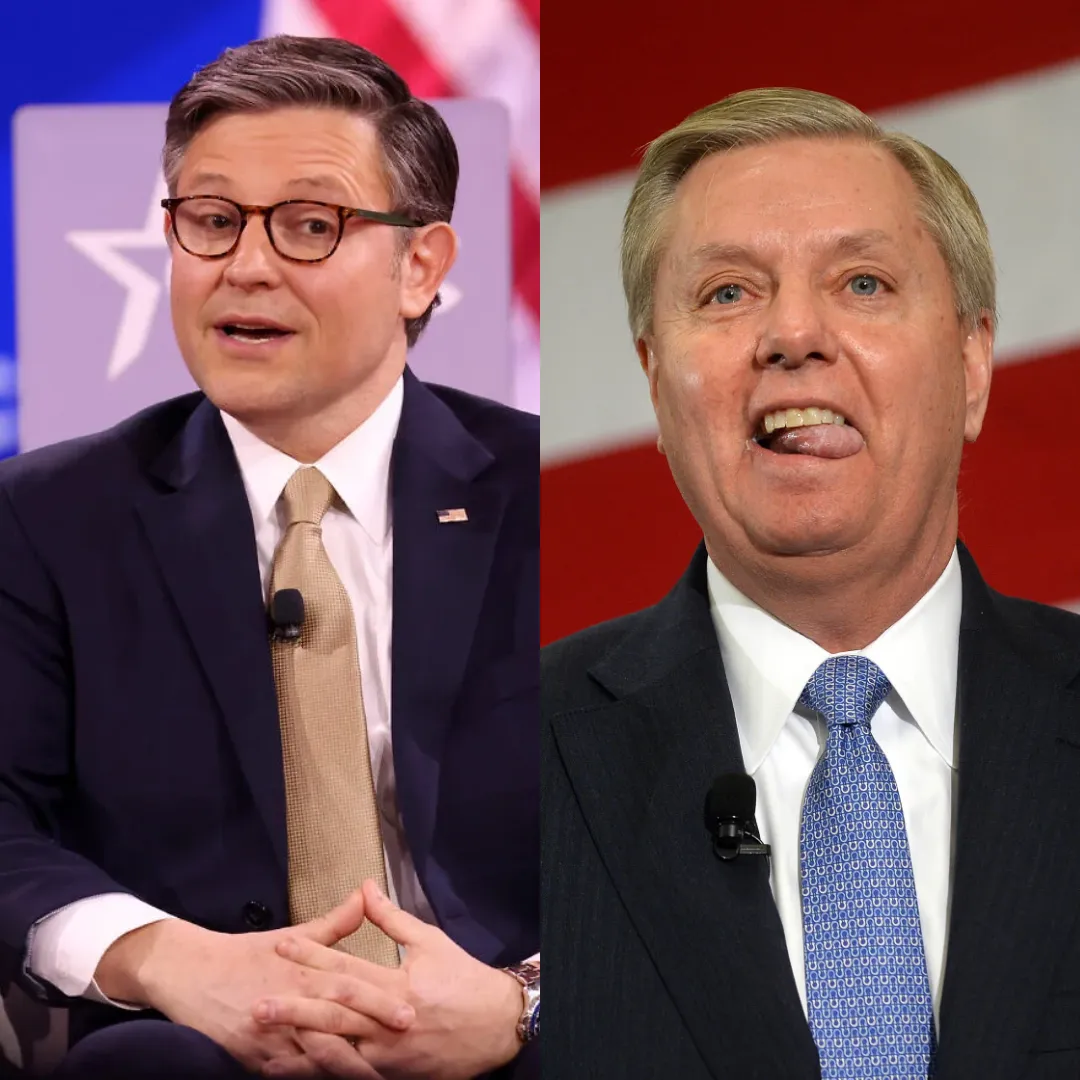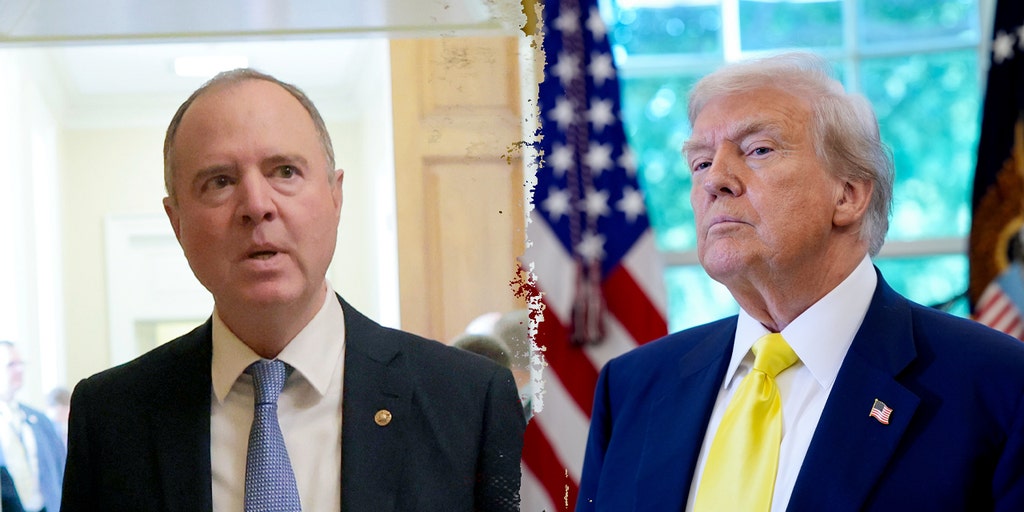
Newly declassified FBI records have revived longstanding allegations that Senator Adam Schiff, a key figure in the Trump-Russia investigation, approved the leaking of classified information in an effort to politically damage President Donald Trump.
These allegations, which stem from an anonymous whistleblower’s claims, have sparked renewed controversy and calls for investigations into Schiff’s actions during his tenure as the ranking Democrat on the House Intelligence Committee.
The whistleblower, described as a Democratic intelligence officer working for the House Intelligence Committee, made repeated claims between 2017 and 2023 that Schiff authorized leaks of sensitive materials aimed at tarnishing Trump’s reputation and advancing the so-called "Russiagate" narrative.
According to the newly released documents, the whistleblower told FBI agents that Schiff’s staff was actively involved in leaking classified information to the media, and that the goal of these leaks was to build a case that could lead to the indictment of the president.
The whistleblower’s accusations are particularly significant given the context of Schiff’s prominent role in the House Intelligence Committee. At the time of the alleged leaks, Schiff was leading the committee’s investigation into Russian interference in the 2016 U.S. presidential election.
The investigation, which ultimately led to the appointment of Special Counsel Robert Mueller, became a central point of contention in American politics.
Schiff, a staunch critic of Trump, was vocal in his support of the investigation and its findings, but these new allegations suggest that his efforts may have gone beyond traditional oversight.
One of the most explosive claims made by the whistleblower is that Schiff personally authorized the leaks. According to a summary of one FBI interview, the whistleblower was called to an all-staff meeting by Schiff, where the congressman allegedly said, “We will leak classified information which is derogatory to President Donald J. Trump.
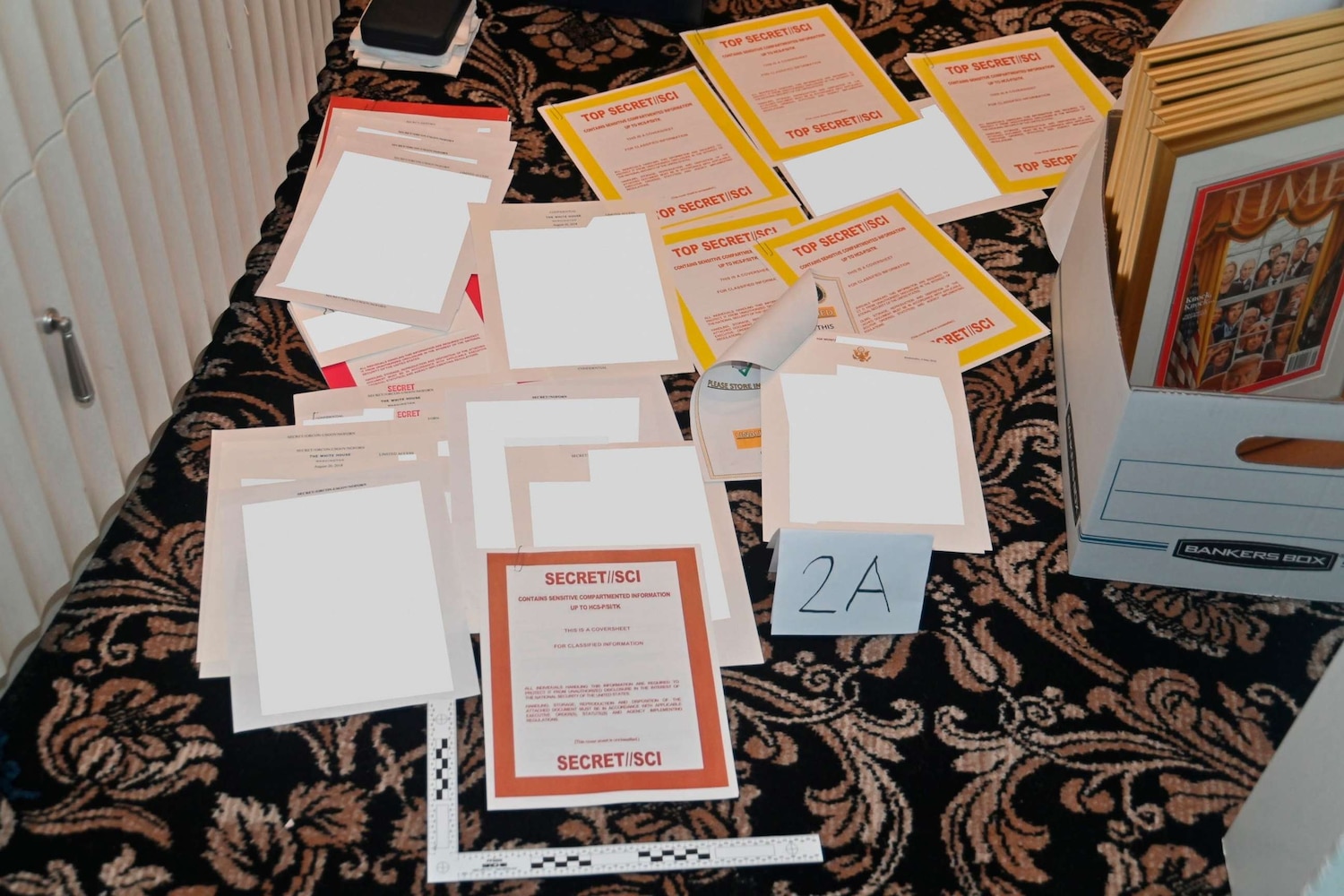
This information will be used to indict President Trump.” This direct involvement by Schiff in the leak process, if proven true, could constitute a serious breach of national security laws, which require members of Congress to protect classified information from unauthorized disclosure.
The allegations gained further attention when the whistleblower suggested that Rep. Eric Swalwell of California, another prominent Democrat, was likely the direct source of the leaks.
Swalwell, who was closely involved in the investigation, has denied any involvement in leaking classified information, and has instead suggested that the claims made by the whistleblower are politically motivated.
The newly declassified documents also shed light on Schiff’s alleged motivations. According to the whistleblower, Schiff had been promised the position of CIA Director if Hillary Clinton had won the 2016 election.
While this promise was never realized following Clinton’s loss, the whistleblower claims that Schiff continued to push for leaks in an effort to weaken Trump’s presidency.
The suggestion that Schiff’s political ambitions may have influenced his decision to leak sensitive material adds a layer of intrigue to the already complex and controversial allegations.
The whistleblower also alleges that after reporting the leaks to federal authorities, they were promptly terminated from their position. The lack of action by the Justice Department to investigate the allegations has raised questions about whether Schiff’s conduct was being shielded from scrutiny.
Critics argue that the failure to pursue an investigation into Schiff’s actions is part of a broader pattern of selective enforcement in politically sensitive cases.

These new revelations also align with previous reporting by conservative outlets like The Gateway Pundit, which has long documented Schiff’s alleged leaks during the Trump-Russia inquiry.
In 2017, the outlet published a series of stories about Schiff’s frequent interactions with the media, including his role in promoting the narrative of Russian interference in the 2016 election.
The new FBI records provide additional context to these claims, suggesting that Schiff’s media strategy may have been part of a coordinated effort to shape public opinion about Trump’s ties to Russia.
The allegations have taken on new significance following investigative reporting by Paul Sperry of RealClearInvestigations, who has suggested that Schiff’s leaks may have been funneled to Ellen Nakashima, a national security reporter for The Washington Post.
Sperry’s investigation reveals that Nakashima was a key media contact for senior intelligence officials, including former CIA Director John Brennan, during the early years of the Russiagate controversy.
Sperry points to at least three major news stories published between 2016 and 2017 that were based on information leaked by intelligence sources, which helped fuel the narrative of Russian interference in the election.
These leaks were critical in shaping the public perception of Trump’s campaign, which was viewed by many as being under suspicion of colluding with the Russian government.
However, after an extensive investigation, Special Counsel Robert Mueller ultimately found insufficient evidence to support the claim of criminal conspiracy between the Trump campaign and Russia.
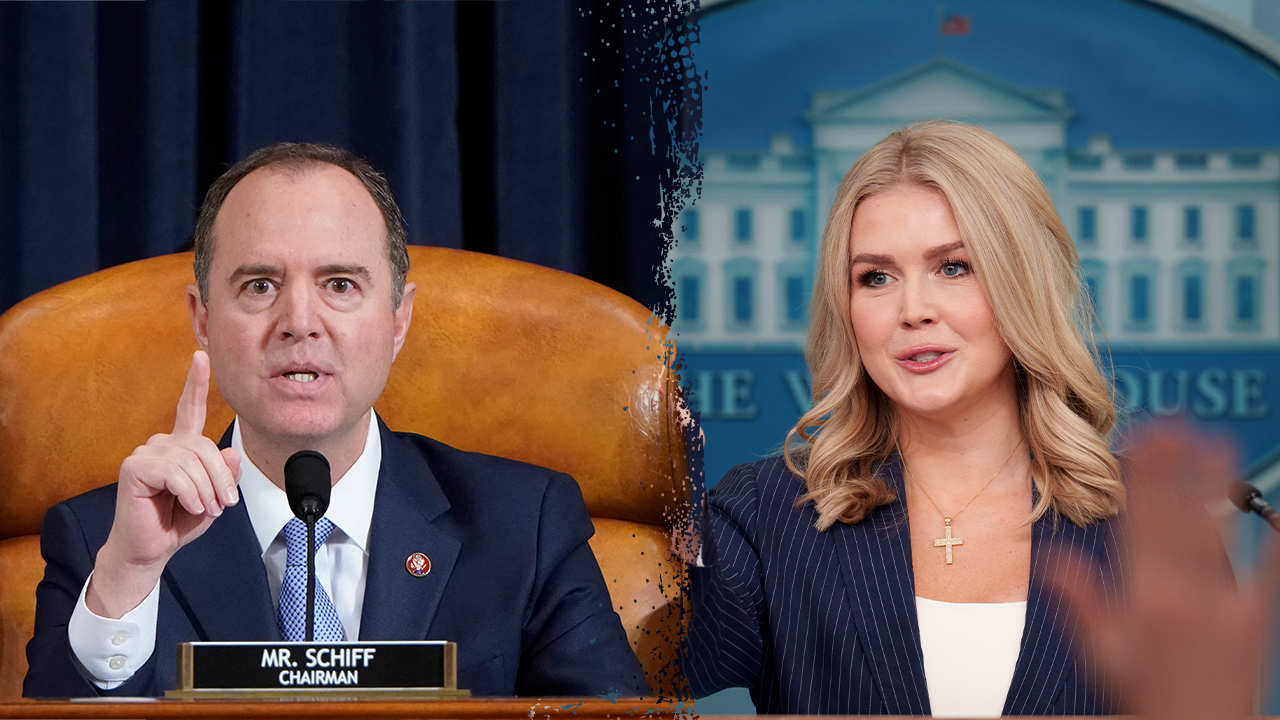
The fact that the narrative of collusion persisted for years despite Mueller’s findings has led to widespread criticism of the media’s handling of the issue.
If the allegations against Schiff are proven true, they could have far-reaching implications for both his political career and the broader issue of media leaks during the Trump-Russia investigation.
The leak of classified information is a serious crime, and if Schiff indeed authorized such leaks, he could face criminal charges. Moreover, the revelations could further damage the reputation of the Intelligence Committee, which is tasked with overseeing the nation’s most sensitive national security issues.
Schiff’s office has not yet publicly responded to the latest allegations. In the past, he has denied leaking classified information and has accused his critics of attempting to discredit legitimate oversight of the Trump administration.
However, the newly declassified FBI records present a compelling case that the leaks were not the actions of rogue staffers but were instead part of a broader strategy approved by Schiff himself.
The ongoing controversy surrounding Schiff’s actions has reignited partisan tensions over the use of intelligence and law enforcement powers during the 2016 election and its aftermath.
Critics of Schiff argue that his actions represent an abuse of power, while his supporters maintain that he was simply fulfilling his oversight duties in a highly charged political environment. The truth, however, may be far more complicated.
The question of whether Schiff will face any formal charges remains uncertain. Given the political nature of the allegations, it is unclear whether the Justice Department will take any action.
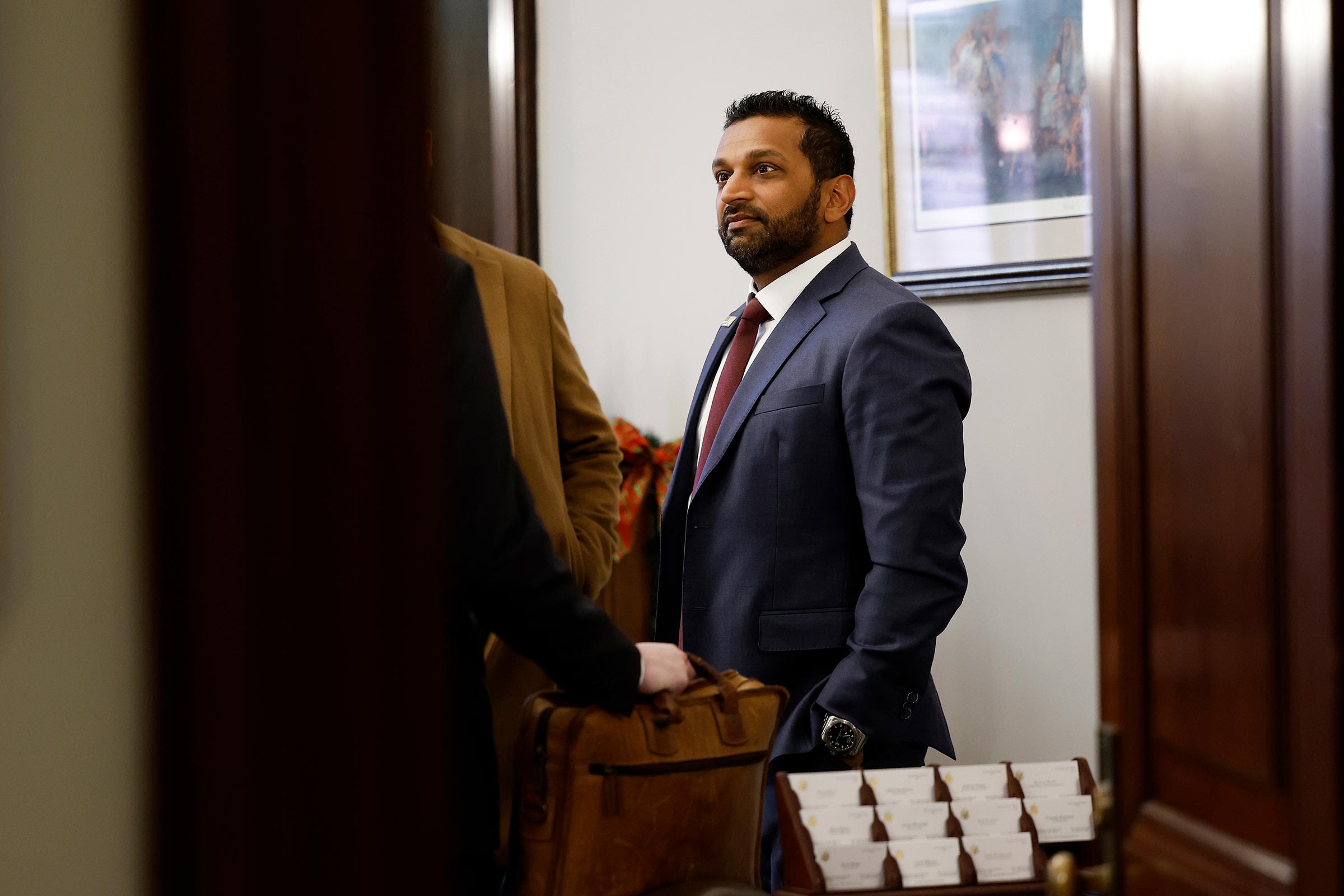
However, if the claims are substantiated, the legal and political repercussions for Schiff could be significant. For now, the most damning allegation is that Schiff himself approved the leaks during an all-staff meeting, making it difficult to dismiss the claims as the actions of a lone, rogue staffer.
As the investigation into these new allegations unfolds, it will likely spark further debate about the boundaries of political oversight, the role of the media in shaping public opinion, and the potential consequences of leaking classified information.
Whether or not Schiff will face legal consequences, the political fallout from these revelations is likely to continue to reverberate throughout the 2024 election cycle.
In the meantime, the whistleblower’s testimony and the newly declassified FBI documents serve as a stark reminder of the complex and often murky intersection of politics, media, and national security.
While some may see Schiff’s actions as a necessary check on a president they believed was compromised by foreign influence, others may view them as a dangerous breach of the public’s trust in its elected officials and institutions. The truth, however, may be far more elusive.
